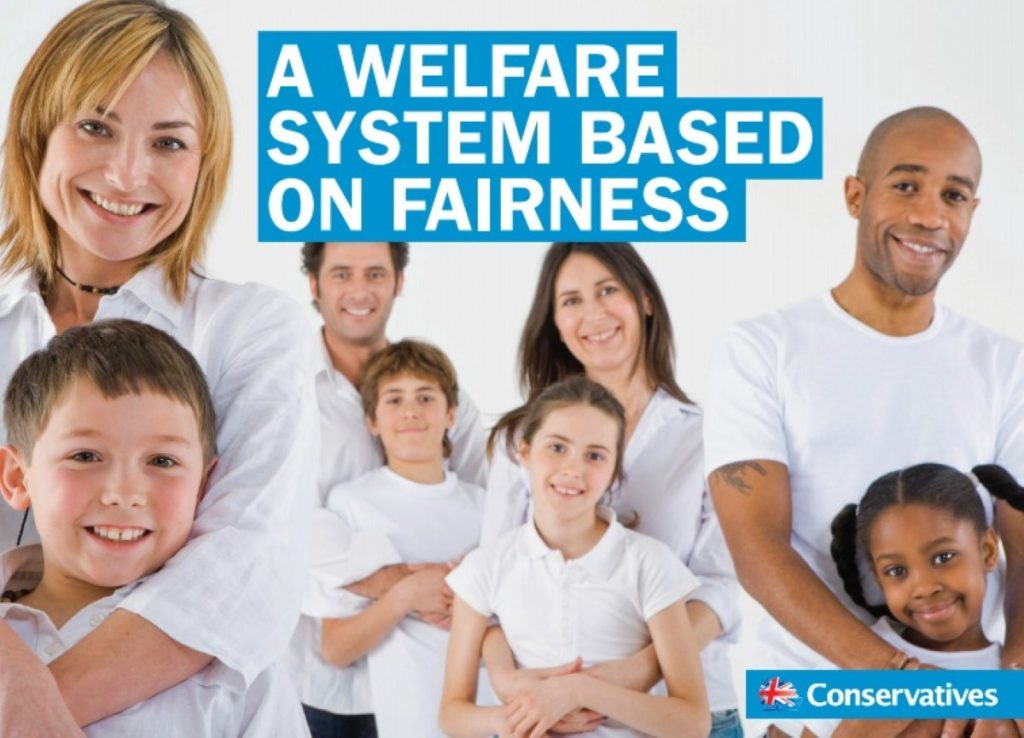Benefits battle rages in marginal seats
Bitter pre-Christmas campaigning has broken out in marginal seats, after Labour mounted an offensive against the autumn statement's benefit cuts.
Chancellor George Osborne announced a package of measures designed to help the Treasury achieve £10 billion of welfare savings on December 5th, prompting Labour to seek out the 60-odd marginal seats where the number of people losing out is greater than the Conservative MP's majority.
The opposition party launched a new website last week highlighting 'the price of Tory failure', which offers countless examples of benefit claimants complaining about being "almost on the bread line" and asking: "When will it ever end?"
Now the Tories have responded with a leafleting campaign of their own, posing their own question: "Who do you think the government should be giving help to?"


The strategy is an extension of the survey approach used by party chairman Grant Shapps in his own constituency, the ConservativeHome blog suggested.
A Tory leaflet also being distributed argues the Tories are pursuing "a welfare system based on fairness", in which benefits are capped, the increase in benefits is limited to just one per cent a year and taxes are cut.
"Everyone in work will be better off. Labour will borrow more and add more debt to fund unlimited benefit rises," the leaflet states.
"The Conservatives believe benefits should be a lifeline, not a way of life."
Labour party vice chair Michael Dugher called the Tories' campaign a "new low", suggesting the Conservatives' efforts were deliberately misleading voters.
Doing so, he claimed, "is not only dishonest, it is also offensive to all those hard-working families who make up the majority of the people the government is choosing to hit".
Dugher added: "This is a tax on strivers, whilst at same time they are giving a tax cut for millionaires.
"Once again this is the out-of-touch Tories, making the wrong choices and standing up for the wrong people."
The Tories had made the strategic decision to take on the benefits argument before the autumn statement as a way of explaining the cuts to the rising welfare budget, which are essential if Osborne is to give himself a chance of meeting his fiscal mandate of deficit reduction by 2015.
The chancellor triggered outrage from opposition MPs in the Commons chamber during the autumn statement, when he contrasted "the person who leaves home every morning to go out to work and sees their neighbour still asleep, living a life on benefits".

